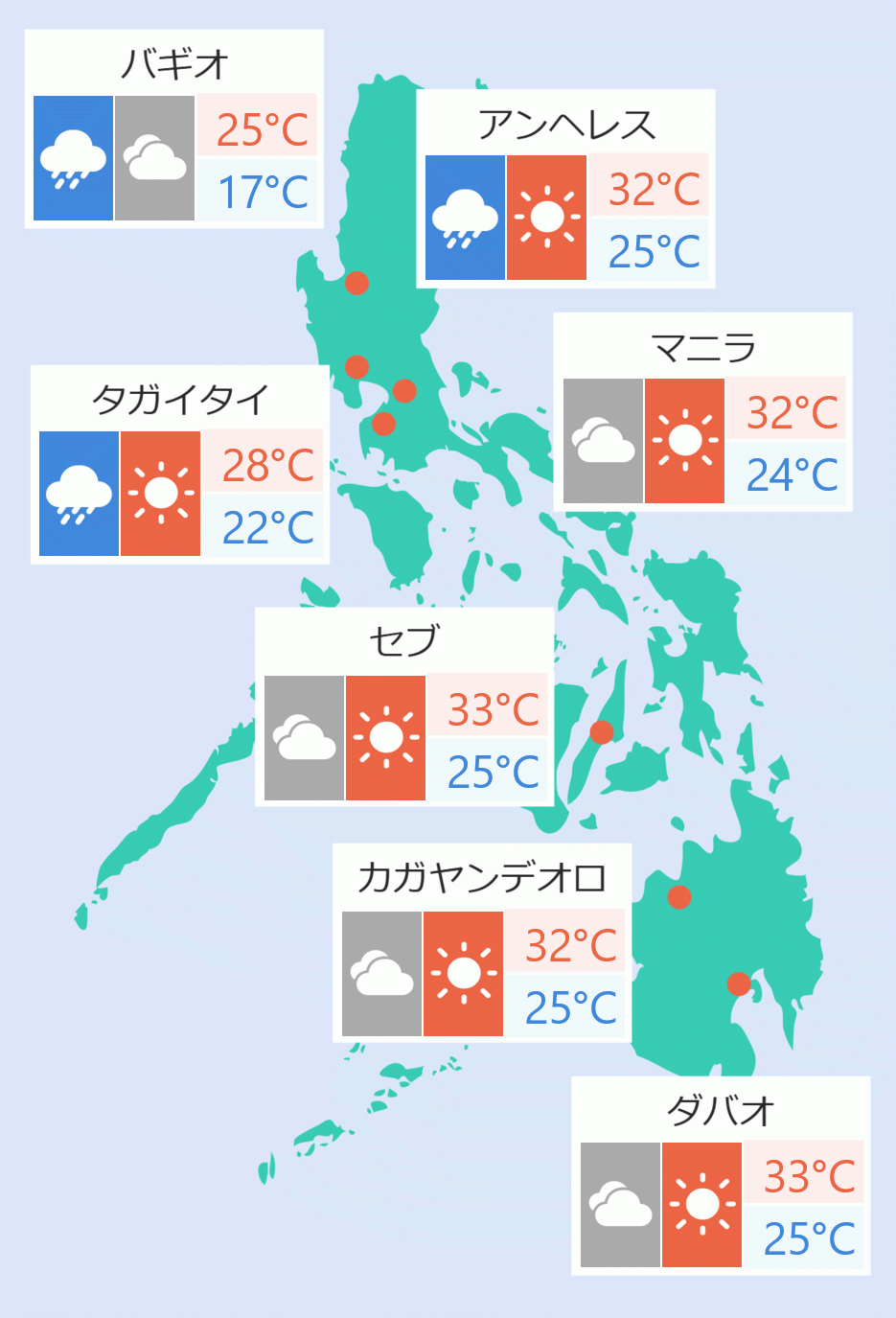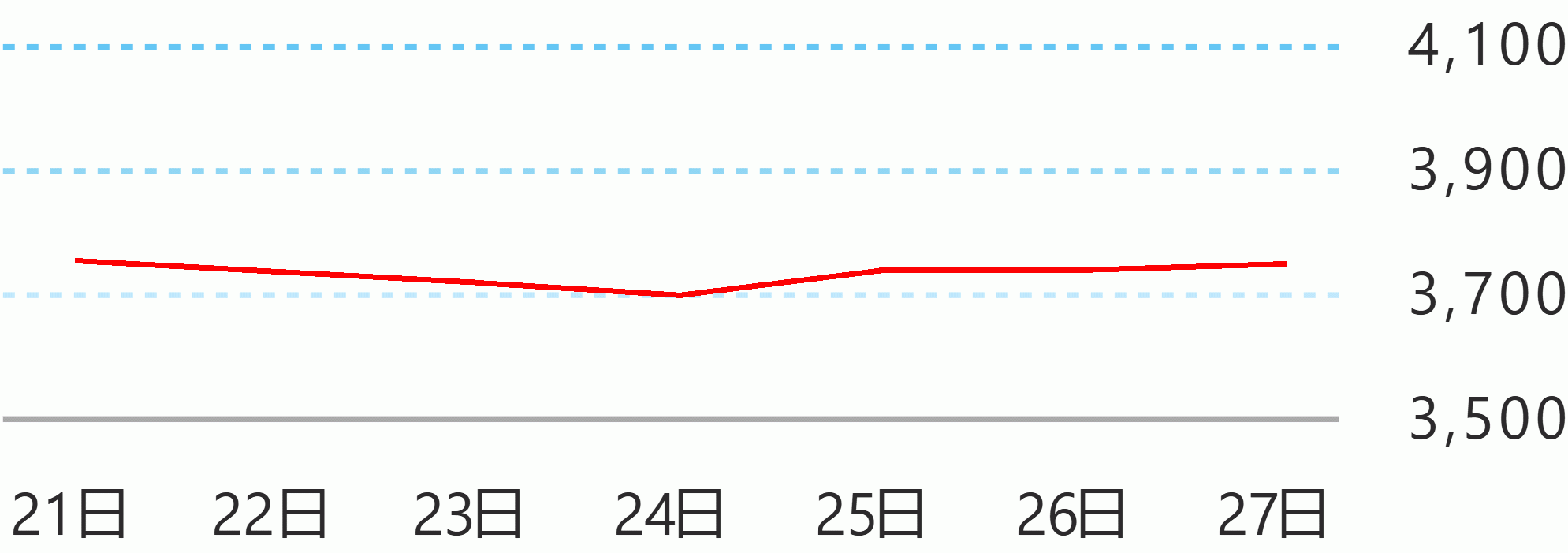The Marcos administration sees a 1.38 percent increase in the Philippines’ gross domestic product (GDP) with an increase in Internet connectivity that could result in enhanced e-commerce activity.
President Ferdinand Marcos Jr. approved Tuesday during the 18th National Economic and Development Authority (NEDA) Board Meeting the flagship $288-million Philippine Digital Infrastructure Project (PDIP) designed to boost broadband connectivity nationwide particularly in remote areas, as well as strengthen cybersecurity.
In a press briefing in Malacanang, DICT Undersecretary Jeffrey Ian Dy highlighted the importance of Internet connectivity today, especially for moving and trading goods.
“For example, here in Metro Manila, we are all enjoying Grab, we’re all enjoying Lazada, but in so many areas in the country, they don’t even have access to e-commerce,” Dy said.
“So, in terms of consumer growth or the growth of consumption which is part of our GDP being measured ? kapag mayroong Internet, siyempre tataas din iyong consumption kasi magkakaroon ng e-commerce,” he said.
But more importantly, among those who will greatly benefit from improved access to e-commerce and Internet services are local players like drivers, farmers, and local sari-sari store owners, said the DICT official.
By putting proper infrastructure, they will have access similar to Grab in Metro Manila, creating a digital supply chain that involves receiving orders and other transactions even though it’s not local to their area, Dy pointed out.
“So, it’s like expanding their market. It’s the same logic as building roads ? we’re trying to connect markets by building roads so that trucks can go there; dito naman we’re building digital infrastructure so that communication flows, including e-commerce,” he stated.
In terms of the actual economic impact of the $288 million project, Dy said that according to DICT estimates, the economic IRR or the economic Internal Rate of Return is approximately between 26 percent to 36 percent. This means that the government will be able to pay the loan 25 to 36 percent.
Based on conservative estimate, the government will be able to pay the loan and get the local economic growth of around P4.7 billion on top of the requirements to repay the borrowing, Dy said.
PDIP is the largest and the first of its kind in the Philippines for a loan for digital infrastructure, the DICT official said, noting it will seek to complete the national fiber backbone in which the initial phase was launched by the President last April.
Dy said the DICT eyes to finish this year phases two and three of the national fiber backbone, which connects Metro Manila to Southern Luzon.
“The national fiber backbone and the national broadband program has been a national vision for quite some time already and we are proud to say that with this project, we should be able to finish within… by 2028, this entire span of the national fiber backbone,” Dy said. Presidential News Desk





 English
English









